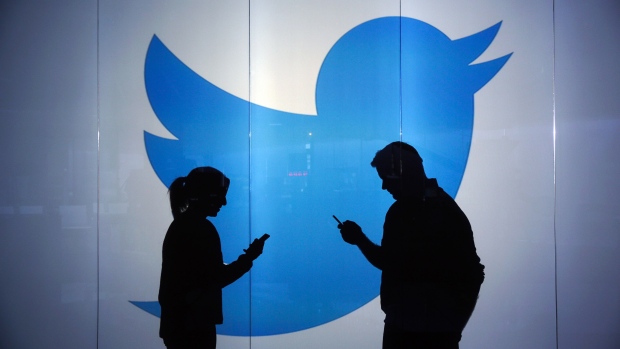Dec 6, 2019
Twitter, McKinsey ripped by Saudi dissident suing over spy hacks
, Bloomberg News

A Saudi dissident who says Twitter Inc. and McKinsey & Co. are to blame for his being on the radar of Crown Prince Mohamed bin Salman complained to a judge that the companies are trying to stall the lawsuit he filed in October.
Omar Abdulaziz claims in his suit that Twitter never warned him that one of its own employees hacked into his account and provided private information to Saudi operatives, putting him and others in danger. He also accuses McKinsey of preparing a report that identified him to Saudi Arabia’s royal family as one of the top three activists protesting human rights abuses.
The companies are asking a federal judge in San Francisco to postpone the fact-finding process known as discovery, saying it would be a waste of time even to hold a case management conference in January before they’ve had a chance to argue for dismissing or at least narrowing the claims.
But Abdulaziz’s lawyer says that could take several months and he wants to move faster to collect evidence and testimony -- especially after the Justice Department last month indicted the same ex-Twitter employee implicated in Abdulaziz’s suit for allegedly hacking almost 6,000 other Twitter accounts in June 2015. The attorney, Mark Kleiman, said in a filing Friday that he had thought only a dozen or so accounts had been affected.
With many of these Twitter users living outside the U.S., pretrial information-sharing will require a lot of planning, “making delay especially pernicious,” Kleiman wrote. He also pointed to a challenge in setting up interviews with some of McKinsey’s 400 employees in Riyadh, saying depositions should take place “in a country other than Saudi Arabia where the plaintiff and his counsel will not fear for their lives.”
“The time to begin this lengthy process is now, not one, two, or three months down the road when defendants have sought every delay possible,” Kleiman said.
Representatives of Twitter and McKinsey didn’t immediately respond to requests for comment.
McKinsey told the New York Times last year that its report citing Abdulaziz was an internal document based on publicly available information and wasn’t prepared for any government entity. The firm was quoted saying it was “horrified” that the report could have been misused.





